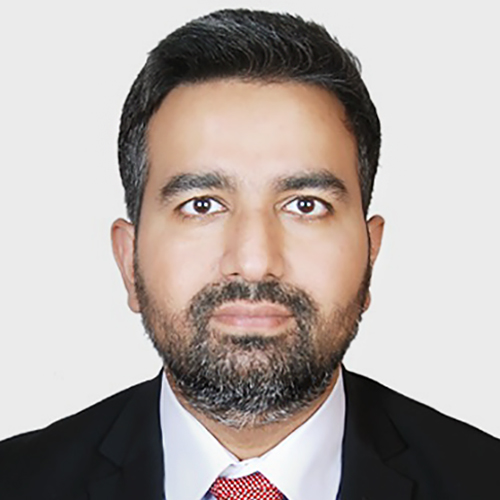The Basel Committee on Banking Supervision (BCBS), which sets global standards for the banking industry, has issued guidelines that explicitly put the responsibility for managing climate-related financial risk on the boards of banks.
The new guidelines – contained in a document on the principles for the effective management and supervision of climate-related financial risks published by the Bank of International Settlements (BIS) on June 15 2022 – are part of a growing trend to standardized the management of climate-related financial risk by global banks.
The Hong Kong Monetary Authority, for example, issued a supervisory manual that includes management of climate-related financial risks by bank boards on December 30 2021, while the US Federal Deposit Insurance Corporation approved a proposed Statement of Principles for Climate-Related Financial Risk Management for Large Financial Institutions on March 30 2022.
The new BCBS guidelines, which will apply to banks operating in the Group of Ten (G10) member countries, sets out 18 principles covering corporate governance, internal controls, risk assessment, management and reporting.
The principles seek to provide a bank’s board with the means to achieve a balance between improving practices and providing a common baseline for internationally active banks and supervisors, and retaining sufficient flexibility given the degree of heterogeneity and evolving practices in this area.
By publishing the 18 principles, the BCBS hopes to address the absence of common standards by which banks and financial institutions in general can manage the climate-related financial risks in their operations.
“Responsibilities for managing climate-related financial risks should be clearly assigned to board members or committees to ensure material climate-related financial risks are appropriately considered as part of the bank’s business strategy and risk management framework,” the BCBS principles state.
By placing the responsibility for managing climate-related financial risks on the board, the banks’ senior management will have more control and oversight on the management of climate-related financial risk.
And banks, the principles point out, can link board member and senior management compensation packages to climate-related financial risk, something that has not been explicitly stated before. “The board and senior management should consider whether the incorporation of material climate-related financial risks into the bank’s overall business strategy and risk management frameworks may warrant changes to its compensation policies, taking into account that these should be in line with the business and risk strategy, objectives, values and long-term interests of the bank.”
The BCBS principles, according to a press statement, benefited from a wide range of comments from diverse stakeholders following a consultation process in November 2021. “They were designed so they can be adapted to a diverse range of banking systems in a proportional manner, depending on the size, complexity and risk profile of the bank or banking sector.”
The principles will be implemented as soon as possible, according to the BCBS, which will monitor progress across member jurisdictions to promote a common understanding of supervisory expectations and support the development and harmonization of strong practices.
The BCBS is a committee of central banks and banking supervisory authorities that was established by the central bank governors of the G10 countries in 1974 and currently has 45 members in 28 jurisdictions. It frames guidelines and standards, particularly international standards on capital adequacy. It is headquartered at the BIS in Geneva but has its own governance arrangements, reporting lines and agendas, guided by the central bank governors of the G10 countries.









